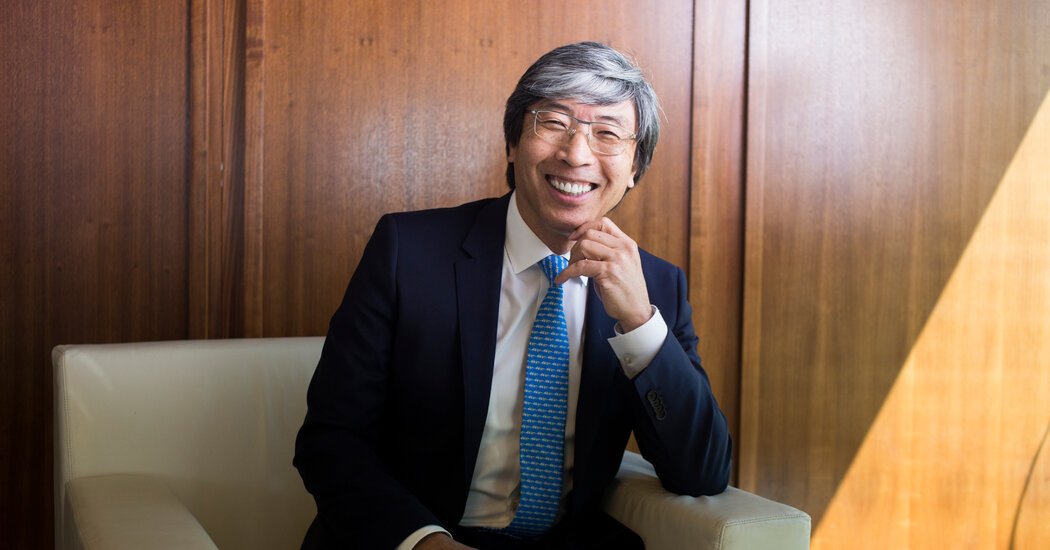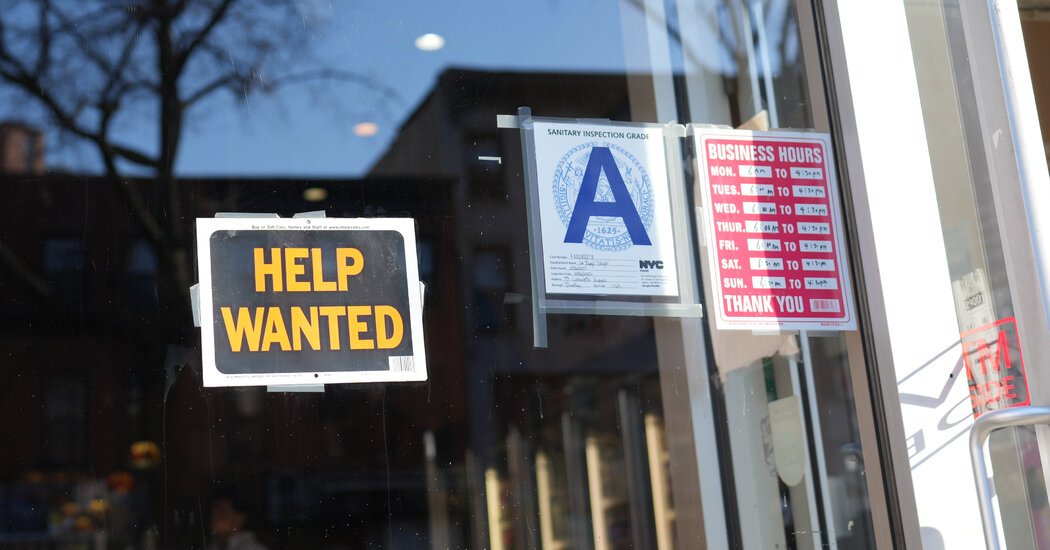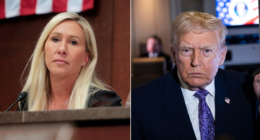When Dr. Patrick Soon-Shiong, the billionaire owner of The Los Angeles Times, hired Kevin Merida to be the newspaper’s top editor nearly three years ago, he hailed the journalist as someone who would maintain the publication’s high standards and journalistic integrity.
By this winter, the professional warmth between the two men had chilled. Their relationship was strained in part by an incident in December when Dr. Soon-Shiong tried to dissuade Mr. Merida from pursuing a story about a wealthy California doctor and his dog, three people with knowledge of the interactions said. The doctor was an acquaintance of Dr. Soon-Shiong’s, the people said.
The previously unreported incident occurred as The Los Angeles Times, the largest news organization on the West Coast, struggled to reverse years of losses amid a difficult market for newspapers. Mr. Merida resigned this month. Shortly afterward, the company laid off roughly 115 journalists, or about 20 percent of its newsroom.
It is not unheard-of for the owner of a publication to be consulted on sensitive reporting, particularly if it could jeopardize the newspaper legally or financially. But it is unusual for an owner or a publisher to pressure editors to stop reporting on a story well before publication, especially in cases that do not put government secrets or human lives at risk.
In a statement on Friday, Dr. Soon-Shiong disputed the characterization of how he had acted, calling it “factually incorrect.” The Los Angeles Times said in a statement that Dr. Soon-Shiong, who bought the newspaper in 2018, had made a request for “truthful, factual reporting” on the story.
In a note to staff this month, Mr. Merida said he had decided to step down after “considerable soul-searching about my career at this stage.” Dr. Soon-Shiong said at the time that it had been “mutually agreed” that Mr. Merida would leave.







